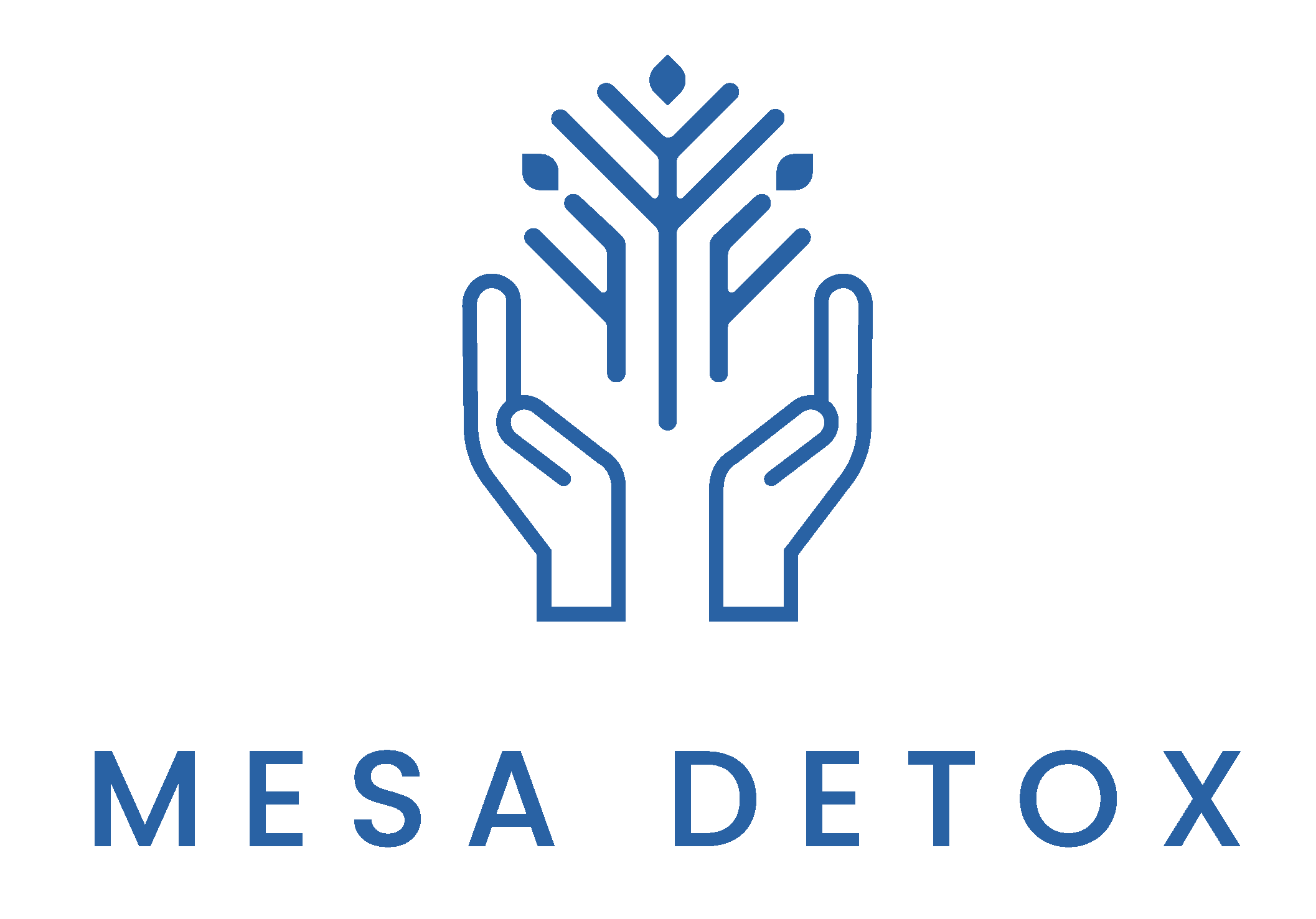Methadone detox is a crucial step in addiction recovery, but it comes with challenges. As a synthetic opioid used to treat addiction, methadone can be both a lifeline and a potential risk for dependence.
The National Drug Intelligence Center reports that those treated for opiate abuse, including methadone, rose from 28,235 to 36,265 between 2000 and 2001. While methadone aids recovery, it can also complicate detox.
This article explores the complexities of methadone detox and withdrawal, highlighting the process, its impact, and strategies for a successful transition to sobriety.











